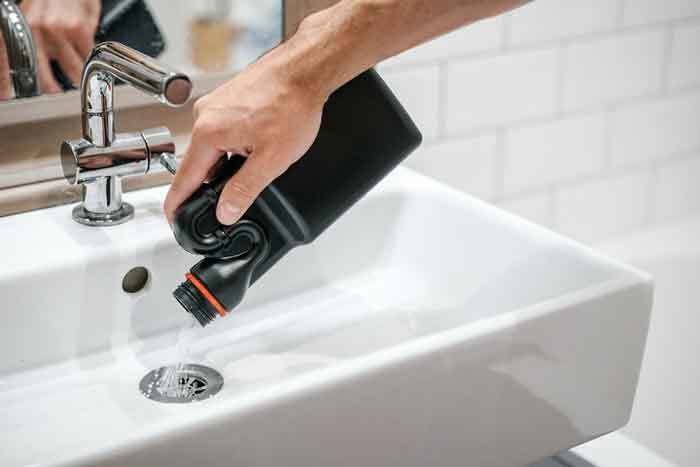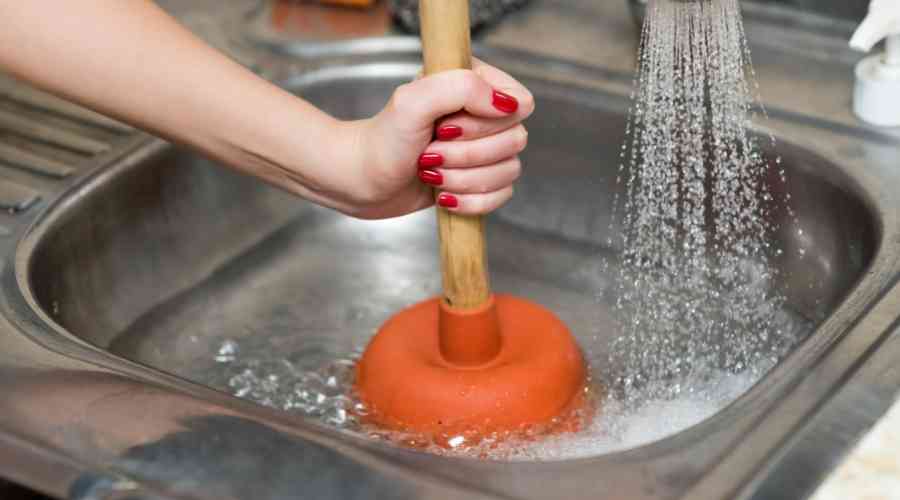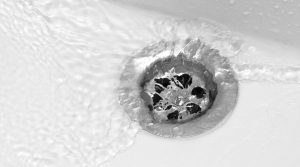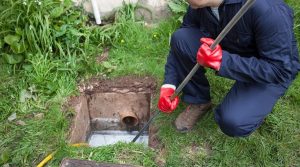Clogged sinks are an inevitable part of home life, but with the right tools and techniques, you can save time, money, and frustration by tackling the issue yourself before calling in a professional.
Key Takeaway
- Inspect the clog first: Identify the cause of the blockage using simple tools like a fork or wire hanger.
- Use chemical cleaners cautiously: Store-bought solutions can often dissolve stubborn clogs.
- Try a drain snake: A more hands-on approach for removing hair and debris.
- Call a plumber as a last resort: A professional can dismantle and clear the pipes effectively if home remedies fail.
Living with Clogs: A Common Problem
Living in a home with multiple occupants, including children, increases the likelihood of encountering a clogged sink. Everything from earrings and small toys to curly, thick hair can enter your drain. While it’s tempting to call a plumber immediately, it’s often possible to resolve the issue independently using a step-by-step approach.
Step 1: Inspect the Clog
The first step is to assess what might be causing the blockage. Shine a flashlight into the drain and use a tool like a fork or straightened wire hanger to fish out visible debris.
- Pro Tip: Bend the wire hanger to form a small hook at one end for better grip on hair or other items.
- What to Avoid: Don’t push the clog further down, making it harder to remove later.
If you can’t dislodge the clog at this stage, you should move on to more advanced methods.

Step 2: Use Chemical Cleaners
Chemical drain cleaners are often the next step. These solutions are designed to dissolve organic materials like hair and grease, which are common culprits in sink blockages.
- Choose the right product: Start with a store-brand cleaner and move on to name-brand options like Drano Max Gel if needed.
- Follow the instructions carefully: Pour the recommended amount into the drain and wait for the specified time.
- Flush with hot water: This helps wash away the dissolved debris.
Caution:
- When working with chemicals, wear gloves and safety glasses.
- Avoid using chemicals if you suspect a non-organic object like a toy or jewelry causes the clog.
If chemicals don’t work, it’s time to roll up your sleeves.
Step 3: Try a Drain Snake
Drain snakes are practical tools for removingblockages brought on by trash, hair, and soap scum. These long, jagged, plastic devices are available in most hardware stores and are relatively inexpensive.
- Insert the snake into the drain: Press it gently until you feel resistance.
- Twist and pull: Rotate the snake to hook onto the debris and pull it out.
- Clean the snake: Have a trash bag and gloves ready to dispose of the removed material.
Pro Tip: A metal drain snake or auger may provide better results if you have a stubborn clog.

Step 4: Call a Plumber
If all else fails, it may be time to call the professionals. Plumbers have specialized tools and expertise to dismantle and clean the pipes thoroughly.
What to Expect:
- Plumbers will inspect the pipes and determine whether the blockage requires disassembly.
- Costs can vary depending on the issue’s complexity, so be prepared for a potential financial investment.
Pro Tip: Request a quote upfront to avoid surprises.
Prevention Tips
Preventing clogged sinks is more straightforward than dealing with them. Here are a few tips to keep your drains flowing freely:
- Use a drain cover: Catch hair and debris before they go down.
- Dispose of grease properly: Never pour grease or oil down the sink; let it solidify and throw it in the trash.
- Flush with hot water: Regularly pour boiling water down the drain to dissolve minor buildup.
- Educate family members: Teach children and housemates what shouldn’t go down the sink.
FAQs
Q: How do I know if the clog is in the sink or the main sewer line?
A: If multiple fixtures in your home are draining slowly or backing up, the issue may be with the main sewer line. A plumber’s expertise is required in this case.
Q: Can I clear a clogged pipe with a plunger sink?
A: Yes! A plunger can create suction to help dislodge minor clogs. Ensure there is water in the sink to create a seal.
Q: Are chemical cleaners safe for all pipes?
A: Most chemical cleaners are safe for modern PVC pipes but may damage older metal pipes over time. Always check the label for compatibility.
Q: How often should I clean my drains to prevent clogs?
A: To minimize buildup, clean your drains every few months using hot water, baking soda, and vinegar.
Q: What should I do if I drop a valuable item down the sink?
A: Turn off the water and remove the P-trap under the sink to retrieve the item. Use a bucket to catch any water when unscrewing the trap.
Conclusion
A clogged sink doesn’t have to derail your day or drain your wallet. You can resolve most blockages independently by following these steps and using the right tools. Remember, prevention is key, and a little maintenance can go a long way in keeping your plumbing clear.







